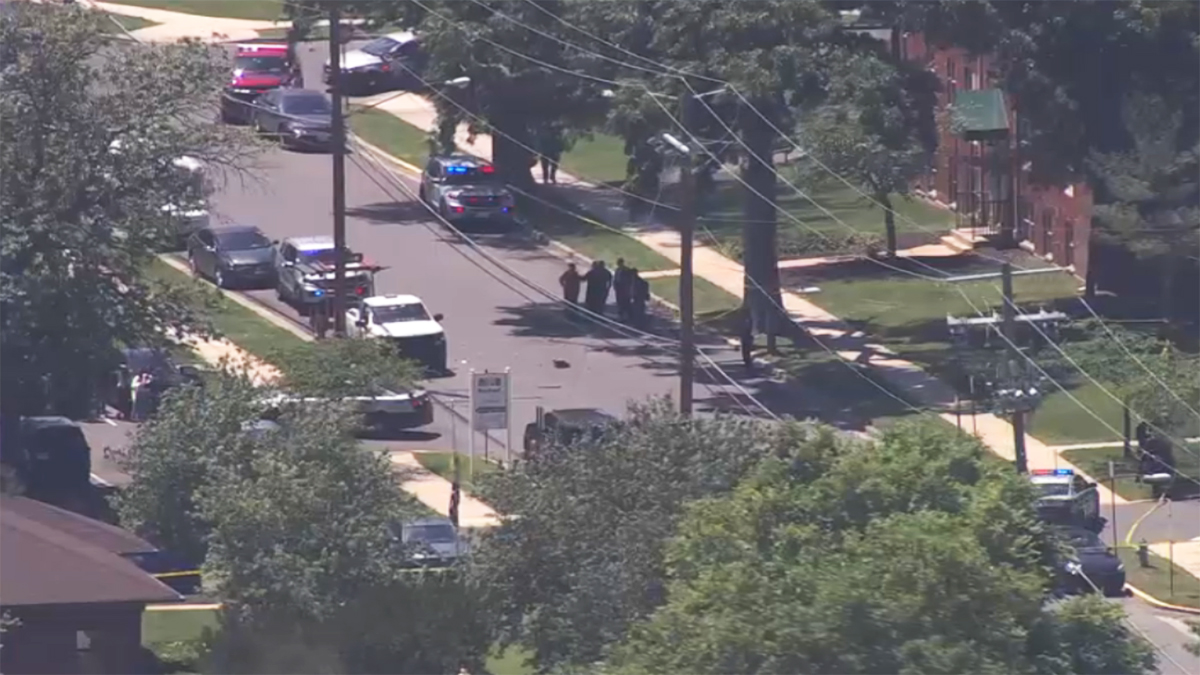As public health officials work to convince those who are still unvaccinated to get a COVID-19 shot, they're often battling fears about possible adverse reactions, which are rare but can happen. When they do, the federal government has programs to compensate people who suffer serious injuries or death, but it can be a complicated process to navigate.
More than 200 million Americans have already gotten a COVID-19 vaccine, and while they're proven to be safe and effective, like with any vaccine or drug, some people have a bad reaction.
The federal government has two separate compensation programs, and they operate very differently. As of now, COVID-19 vaccines are only eligible for the one that rarely pays out, but that may be about to change, and advocates say increasing victims' chances of getting a bigger payout could go a long way to easing vaccine fears.
"It really is just sort of assuring the public that we've got sort of an insurance policy in place for those few instances that may occur. This program will take care of you," said Leah Durant, a Washington, D.C., attorney who specializes in helping people navigate a vaccine injury.
We've got the news you need to know to start your day. Sign up for the First & 4Most morning newsletter — delivered to your inbox daily. Sign up here.
The Vaccine Injury Compensation Program (VICP) is basically a vaccine court that operates within the U.S. Court of Federal Claims. It's designed to make cases faster and easier for victims to prove. It offers payouts that cover medical expenses, lost income, and pain and suffering.
Sixteen vaccines are preapproved for certain known injuries, and, in recent years, about 75% of those who filed got settlements.
"I think the majority of folks understand that waiting for the for the COVID-19 vaccine to be added to the VICP is probably going to result in a better outcome for clients," said Durant.
Local
Washington, D.C., Maryland and Virginia local news, events and information
That's because the COVID-19 vaccines currently fall under a different program called the Countermeasures Injury Compensation Program (CICP) -- an administrative program for emergencies, like a pandemic. But records show the CICP rarely helps victims.
In its decade-long existence, the CICP has only awarded 29 payouts out of nearly 500 closed claims. That's just 6%. Now, at least 1,031 new ones have already been filed, alleging serious injuries or death from COVID-19 vaccines.
But not by any of Durant's clients; she's telling them to wait.
"We have hundreds of people on our list," said Durant. "We provide them with the information, keep their contact information and basically just keep them abreast of what's taking place in hopes that at some point we'll be able to assist them."
Now that the Centers for Disease Control and Prevention has recommended the Pfizer vaccine for routine administration in children 12 and older, it could become eligible for the VICP instead. But the secretary of Health and Human Services has to recommended it first.
The HHS division that manages both programs declined to speculate on when that will happen, saying it's waiting on Congress to enact a 75-cent excise tax on the Pfizer shot, which would fund the payouts.
"You have to take certain steps to implement this, but the law says it will happen. It's just a question of sooner rather than later," said Peter Meyers, former director of the Vaccine Injury Litigation Clinic at The George Washington University Law School.
Meyers said the government should be answering questions like whether claims already filed in the CICP would be moved to the VICP, or if victims can withdraw and file a new claim.
"One is far superior to the other," said Meyers. "You have a right to a hearing. It'll pay for an attorney to represent you. You have none of those rights in the COVID compensation program."
HHS is not keeping track of how many of the existing COVID-19 claims are for Pfizer vaccines, but according to the CDC, more Pfizer shots have been given than Moderna and Johnson & Johnson combined.
The VICP is self-funded with 75 cents from the administration of every shot currently covered in that program; it's amassed over $4 billion.
The CICP payments are funded from the HHS budget, as appropriated by Congress.
"There's so much uncertainty about what are they going to do," said Meyers. "There's a lot of issues to work out."
Both lawyers say the timing is critical because the CICP only allows victims one year to file a claim. Durant acknowledged it's a bit of a gamble to wait for VICP approval.
"I do think that you will see a large number of cases that are filed once that happens. The question will be how well the system is prepared to handle those cases," Durant said.
She worries the addition of COVID-19 vaccines to the VICP could negatively impact an already existing backlog; it currently takes about two years for cases to be resolved.
There are two bills pending in Congress to add more resources, but there's been no movement on those thus far. Congress would also need to act to approve the excise tax for the Pfizer vaccine to be eligible to move to the VICP.



